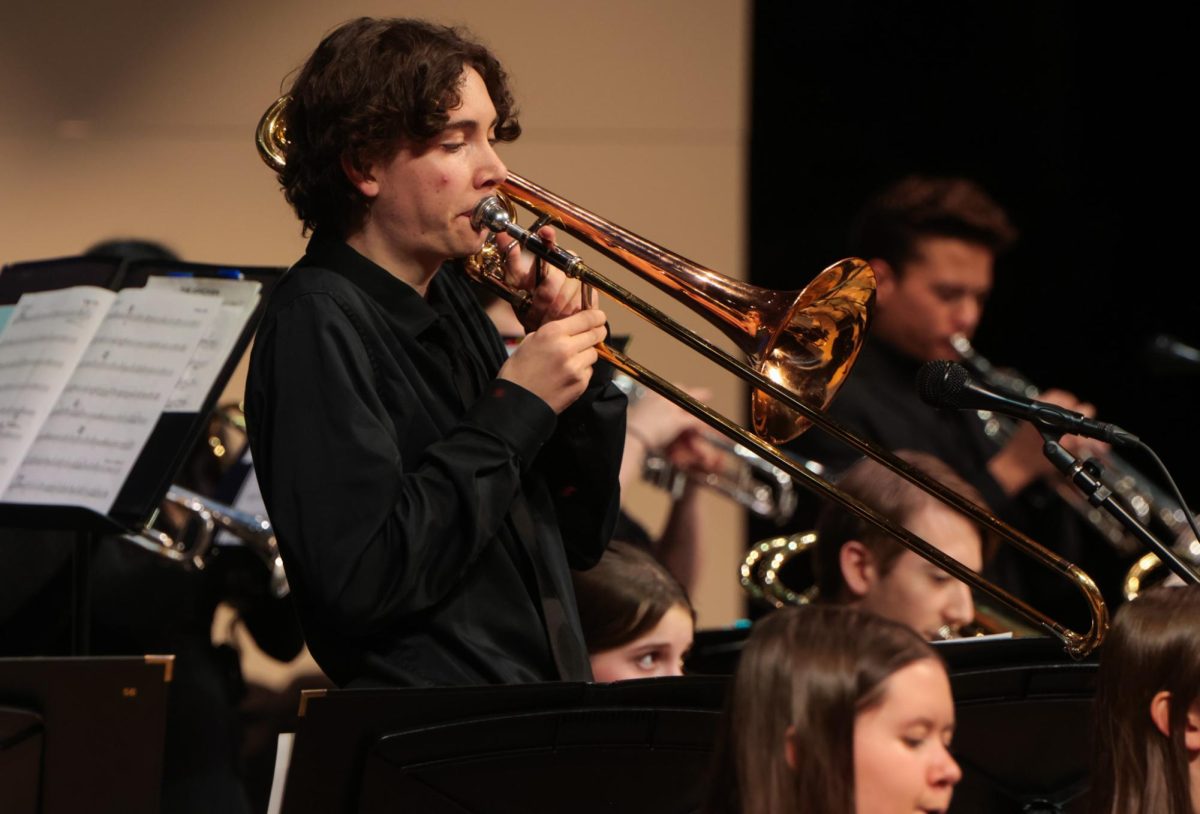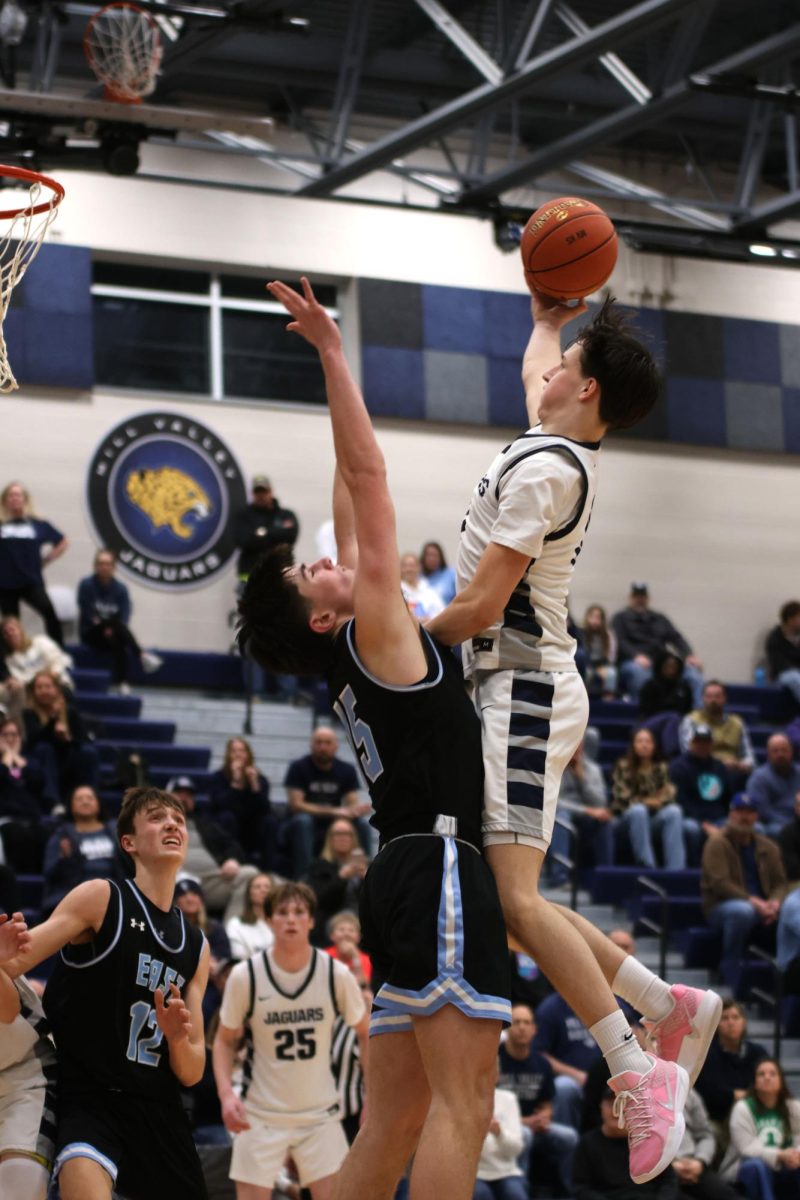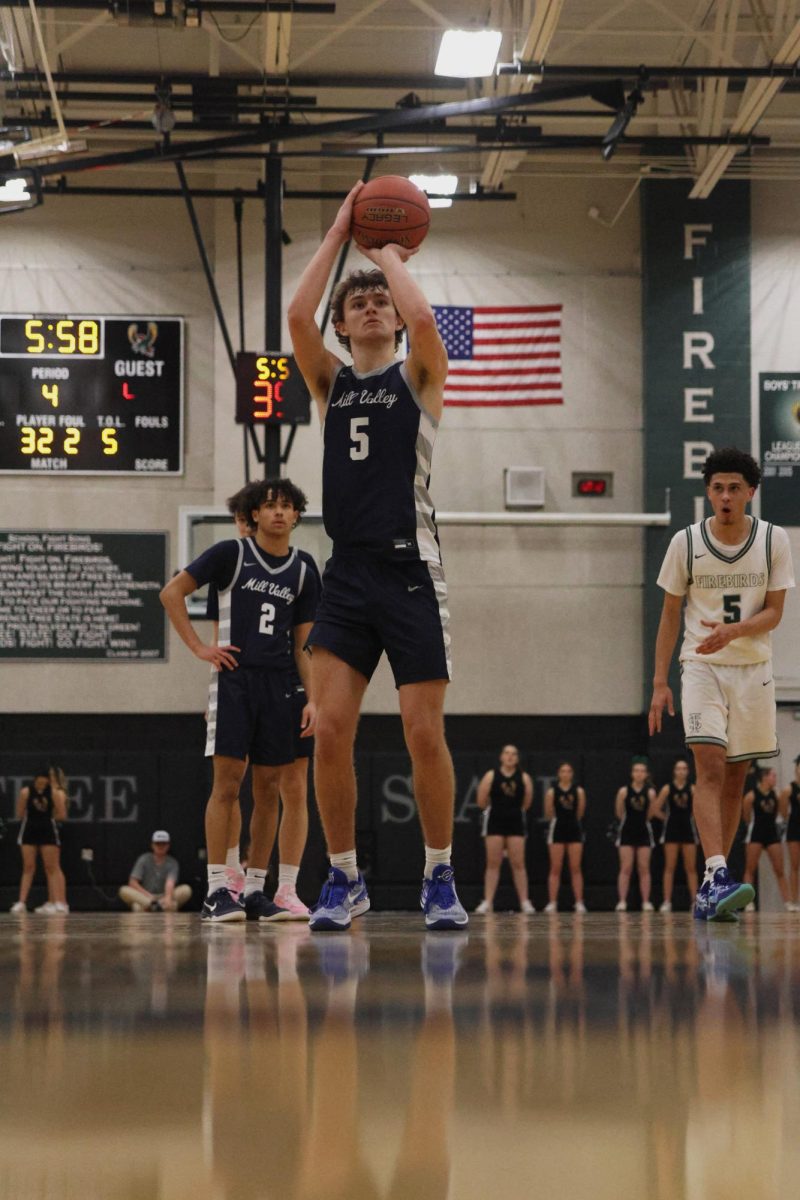Casting is one of the most important tasks for a director in a ballet. From the masses of eager dancers, one must piece together a coherent cast list. Each dancer will be judged for their best ability in order to fit them for the perfect part.
Except when someone leaves the company a month and a half before the show. Then, casting goes a little something like this:
“Hey, Sydney, do you know Angels?”
“No.”
“Can you learn it today?”
“Yes.”
“Alright, you’re in.”
Casting is a pretty big deal for both dancers and directors. Conversations like the above (which is an actual conversation from just a couple weeks ago) only occur when absolutely necessary. It is important to try to make sure no one is over- or under-cast. It’s also important to cast people in parts that make sense.
Someone who struggles with partnering won’t be Snow Queen, who has an entire pas de duex . Someone who doesn’t like to jump won’t be Russian. A really tall person won’t be Clara. Everything, from your technique to your acting ability to your physical appearance to how often you show up for class, goes into deciding who gets what part.
A week or so before the cast list for Nutcracker came out, Mr. Kristopher, our company director, gave us a speech. He talked about how he tried to give everyone the parts he thought was best for them, and how there is a reason for every casting decision. At the time, I wasn’t too worried about casting. I had a general idea about what I would be: Snow and Flower corps, probably Columbine Doll since I understudied it last year, and maybe an easier divertissement lead like Spanish if I was lucky.
When the cast list actually went up, I scanned eagerly for my name among the parts… and my first thought was What on earth did I do to deserve this?
The parts were not at all what I had expected: besides the corps parts, which everyone in the company was, I was a maid and Mirliton lead for one show. The first was predominately acting and standing around, and the second was way over my head. Truth be told, I was terrified.
“I’m going to fail miserably,” I told everyone who would listen. “I’m not good enough to do that.” And when rehearsal started, my fears seemed founded. After a couple rehearsals, I realized something- I was failing mostly because I thought I was going to fail, not because I wasn’t good enough. With that, I pushed more effort behind my practicing, and I now feel competent enough to perform.
The ability to look beyond yourself and dedicate yourself to your work with determination is a strong ability to be able to have.
Take Cassie. She’s 12-years-old, and a Junior II company member. This year, she’s a party girl, a soldier, an angel and a Russian corps in the Nutcracker. Cassie comes to almost every rehearsal, even the ones where she doesn’t dance. The other week, we were going through Snow, and Cassie stepped forward, asking to take the part of one of the girls who was missing. Mr. Kristopher agreed, even though the part is one of the more complex ones in Snow and is danced by a girl four years older than Cassie.
She nailed it. Every spacing, timing and step was exactly where it was supposed to be. Everyone was impressed, especially Mr. Kristopher.
And just this past weekend, she performed the Chinese part, which she’s only watched in runs of the show.
This kind of dedication really shows directors how invested you are in your work. As Mr. Kristopher said, “You can’t just tell me you love to dance; you have to show me you love to dance.” If they think you’ll work hard, they’re more likely to give larger parts. It wouldn’t surprise me if Cassie gets more advanced parts in future shows.
As for me, I now realize why I’ve been given my parts, and can only hope that by working hard, I do them justice.








